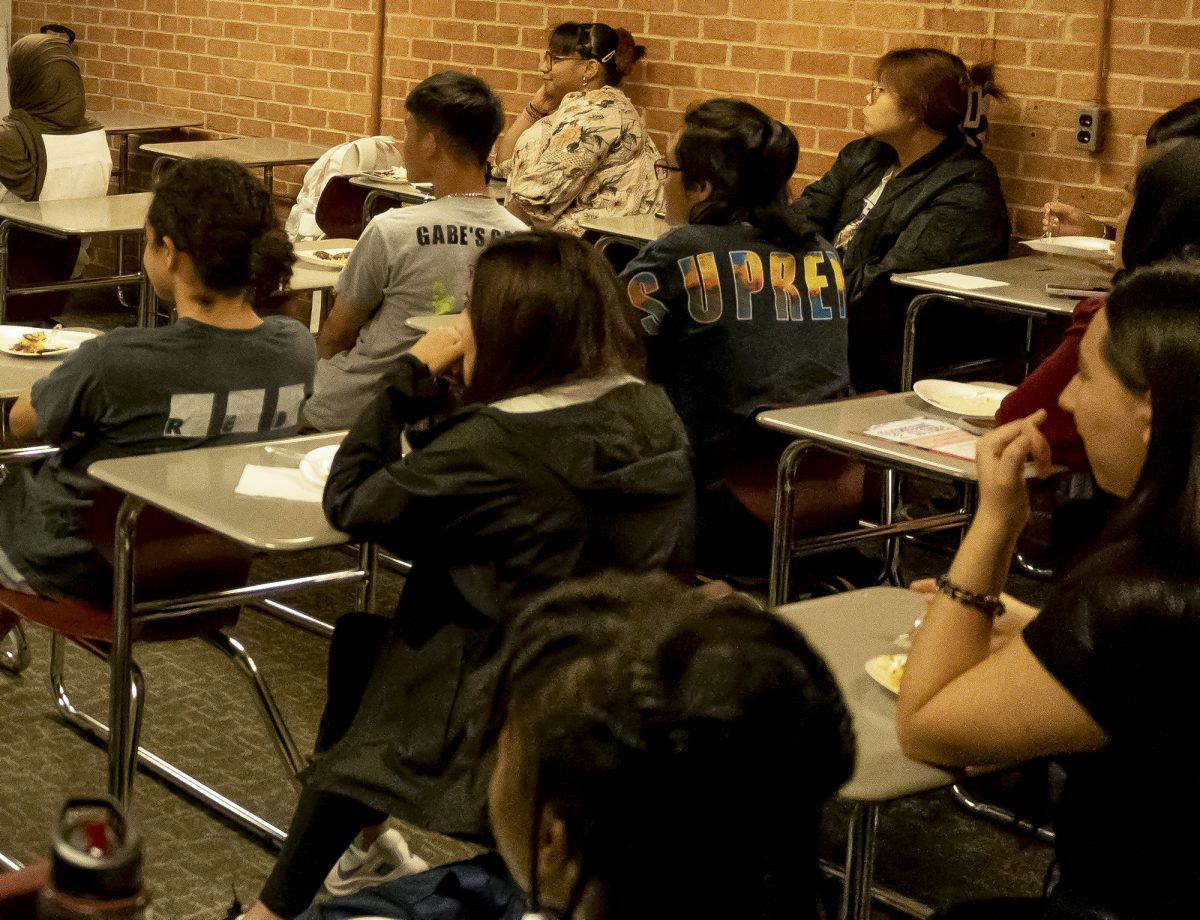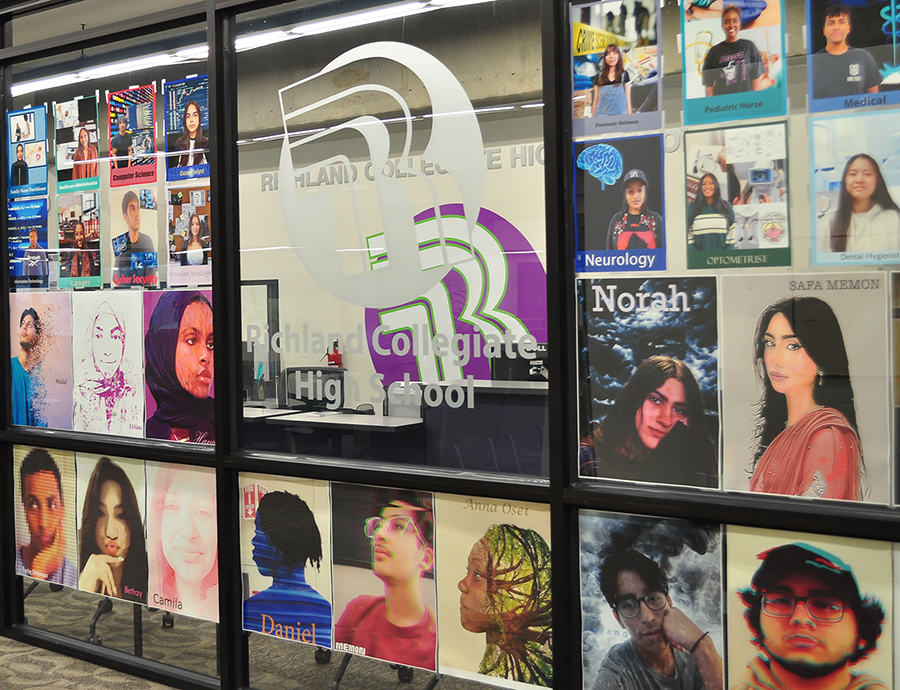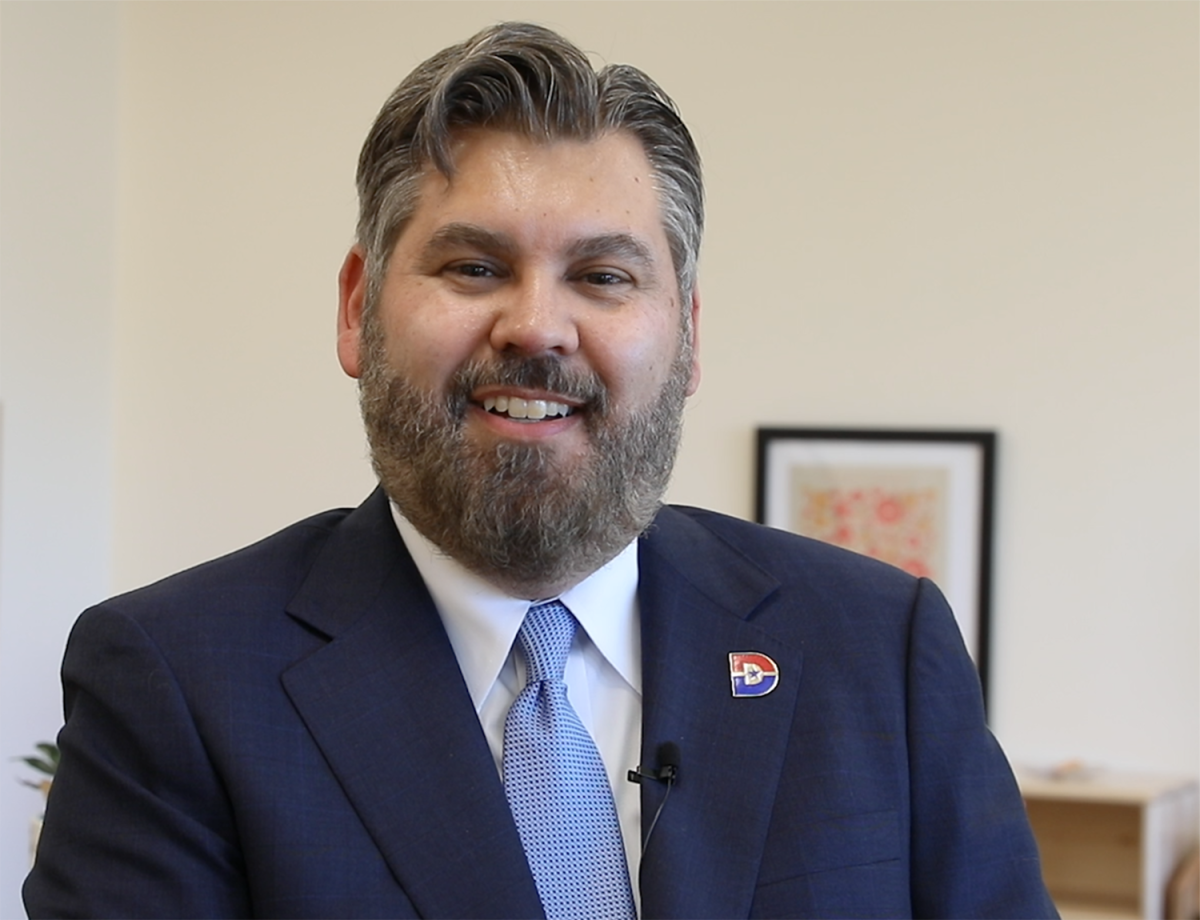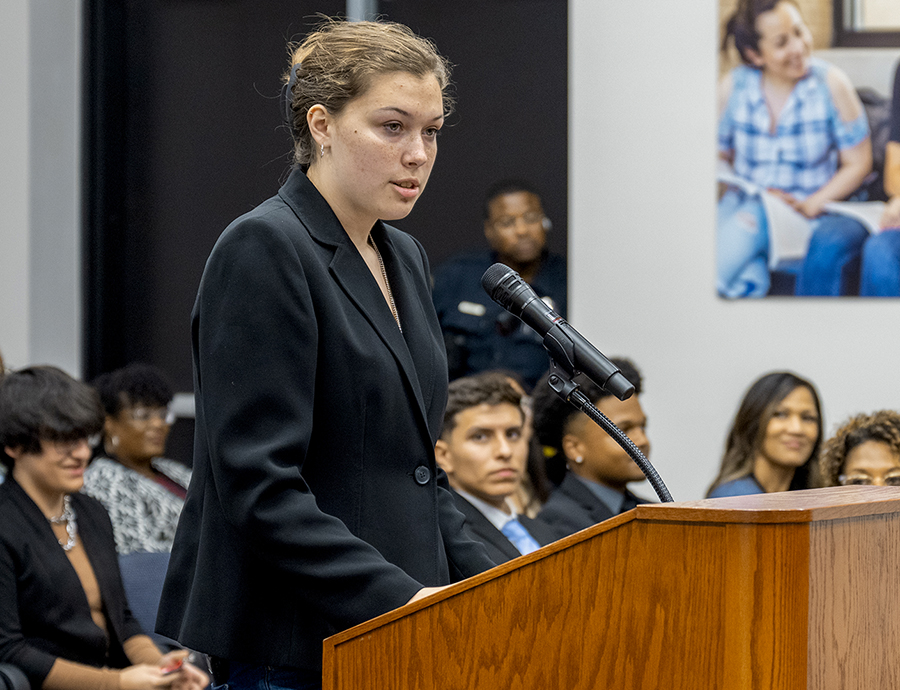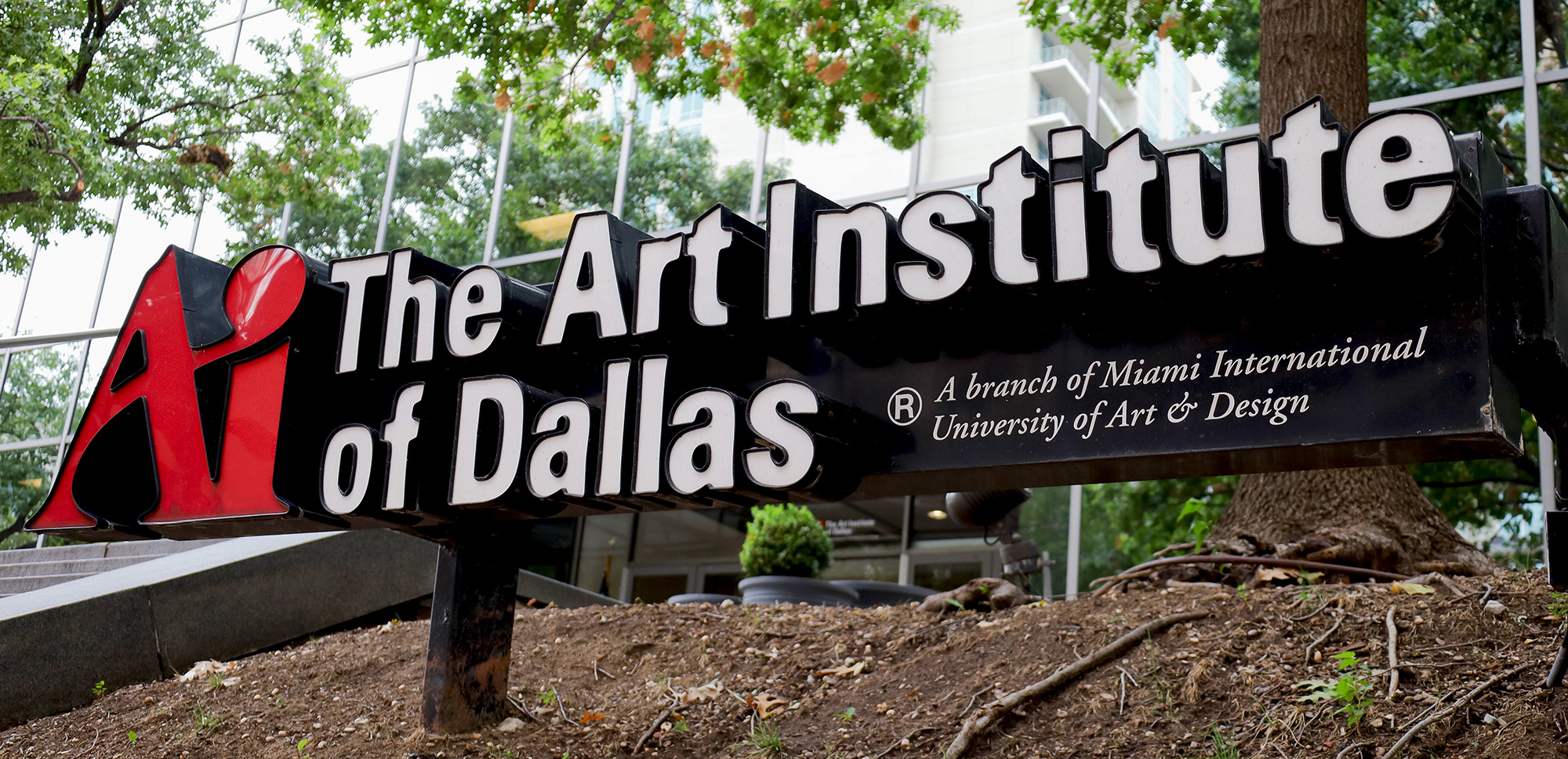
After slowly shutting down campuses over the past couple of years, the for-profit Art Institute has officially closed all of its campuses, including Dallas, as of Sept. 30 due to a variety of reasons, leaving its students stranded and wondering what the next step is. A significant number of these students had already registered and paid for their courses at the Dallas location. They were ready for their studies in a variety of subjects such as culinary, commercial music, digital art and design, fashion design, fashion marketing, interior design and video technology.
Since the shutdown, however, these students have been left with nowhere to go, other than to try and reapply somewhere else and start their academic journeys anew. In response to the closure, Dallas College has stepped in, recognizing the need to provide educational opportunities to these displaced students. Dallas College has extended a helping hand, offering classes for those still committed to the pursuit of degrees in the arts.
Vice Provost Ahava Silkey-Jones from the School of Creative Arts, Entertainment and Design at Dallas College discussed the decision and how it will affect our campuses.
“We have offered our college as an option for Art Institute students because we have many programs that are similar to the programs they offer,” she said. This alignment of programs would help ensure that Art Institute students receive what they paid for when they registered for their courses earlier in the year, and to help showcase the fine arts programs at Dallas College, and how well they compare to that of a university.
Silkey-Jones said resources would be made available to all incoming students to ensure a seamless transition to Dallas College as they began their studies. “Success coaches and pathway specialists will work individually with students to ensure they are supported in collaboration with faculty, and school and college leadership.”
Silkey-Jones also talked about the potential impact on Dallas College and Richland specifically. She said the acceptance of these students into the student populace would not disrupt any of the courses that were just beginning, nor the ones already in progress.
Silkey-Jones instead saw this as an opportunity for Dallas College to expand its outreach as a means to provide support to a broader array of students in the community.

